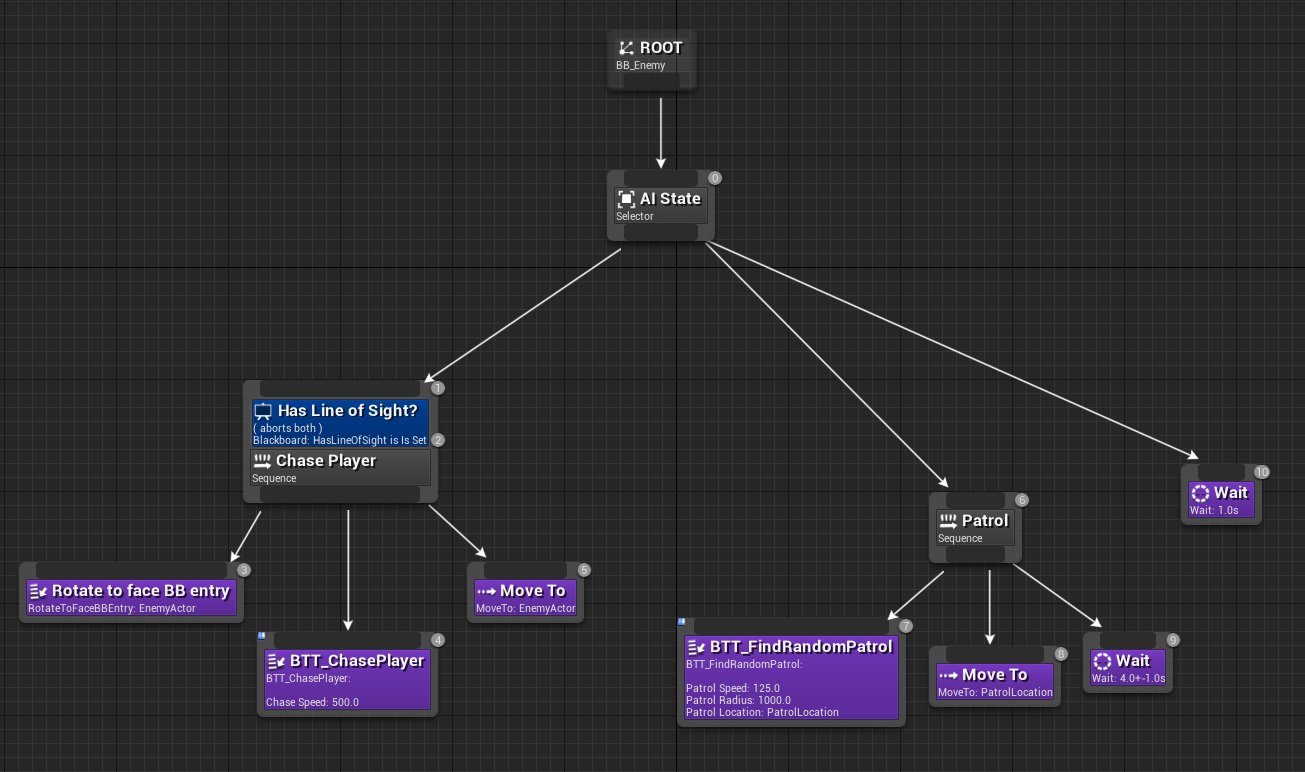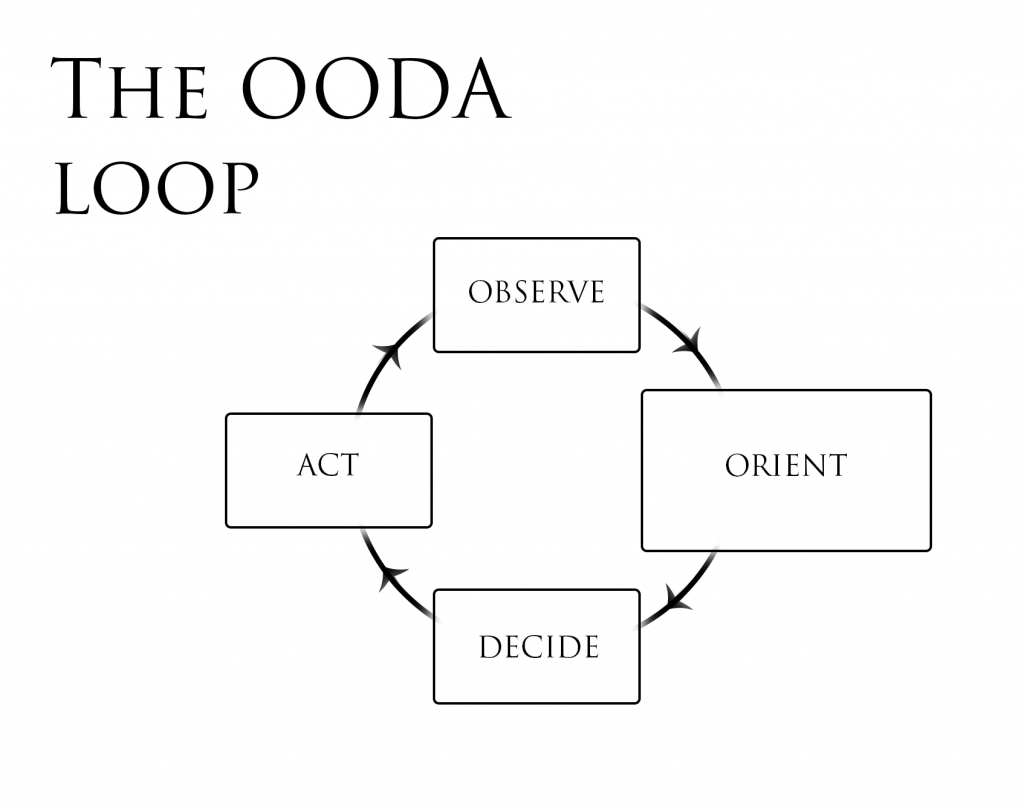2.9 KiB
Video Game AI
A very coarse, practical introduction.
Disclaimer
The term artificial intelligence (AI) is used to describe a hand-crafted (i.e. scripted) opponent in video games. In this context, the term is not related to machine learning.
While machine learning can be leveraged to realize video game AI, we have not seen the use of such in commercial products.
Terminology
- Agent: typically an AI controlled character / actor
Goal
- Entertain the player!
- Playing the game, adhering to the rules, using the (underlying) mechanics
- Act natural
Simple AI
Castlevania demo
- Can be enough for simple games
- Often requires design workarounds to make challenging
- Not very engaging
Big Picture
Glass of water
- Emulate human thinking / behavior
- Layers
- Algorithms at the bottom
- Strategy at the top
- Usually 2 layers sufficient
Bottom Layer (1st)
- Contains very basic building blocks
- Go to position
- Interact with object
- …
- Leverage algorithms
Dynamite Person Demo
Over Engineered Demo
Project Daredevil Demo 1
Top Layer
AI needs to:
- be aware of game mechanics;
- interact with game mechanics; and
- use the meta of the game.
Meta: The highest level of strategy.
Diabotical Demo
- Explain general arena FPS concept
- Non-trivial map → positioning
- Different weapons → situational choice
- Pickups → resources!
- Pickups respawn → item timing
→ more about resource management and decision making then just simply shooting each other.
Key concept: control
- In-control vs. out-of-control
- Contested control
Tools
-
Bottom layer
- Graphs
- Control Theory
-
Top layer
- Behavior trees
- Decision table
- Finite state machine
- Async programming (co-routines)
Technique
- Observe
- Orient
- Decide
- Act
Testing
- Handcrafted scenarios with well defined outcome
- AI vs. AI
- Relate to human vs. human
Take Home
Make enemies smarter, not stronger.
-
Good AI keeps the player entertained
- Can be forgiving (difficulty settings)
-
Good AI plays the game similar to how a human plays the game.
-
Think in layers → concern yourself with behavior rather than algorithms
-
Leverage the OODA loop

